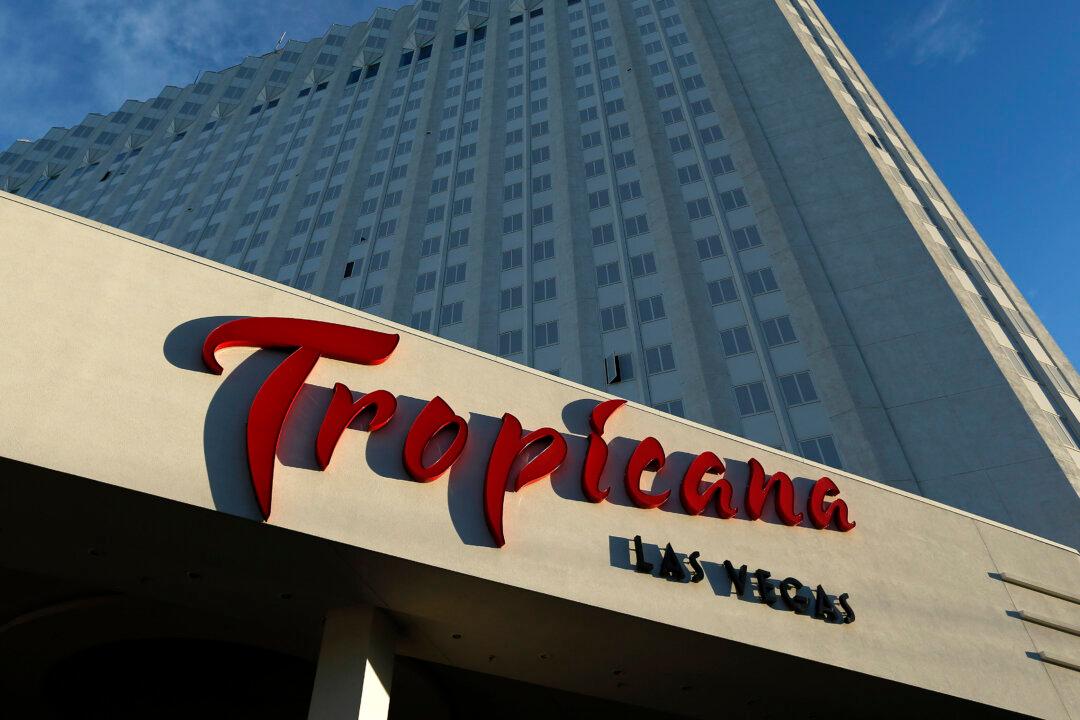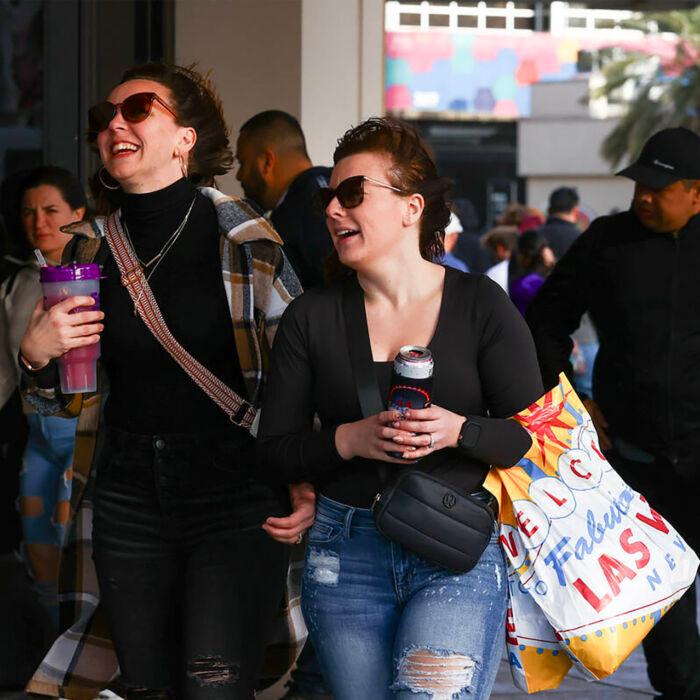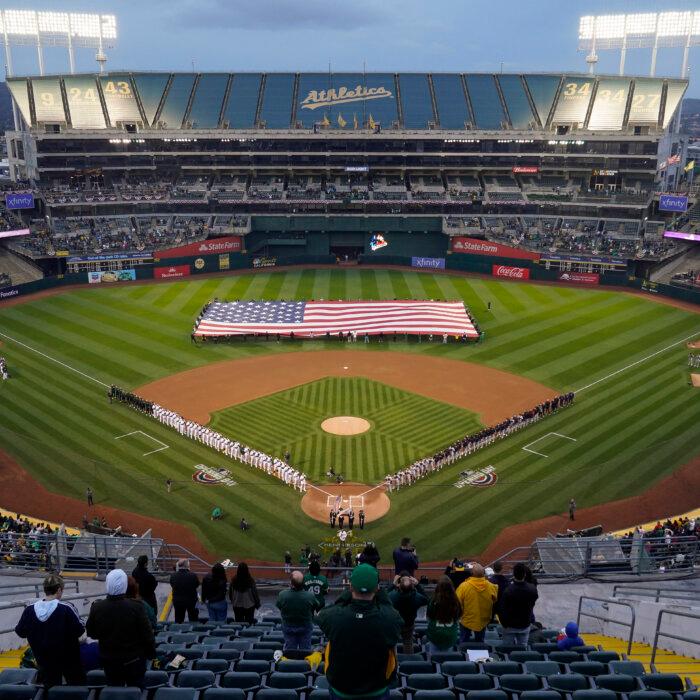Unveiled in 1957, the Tropicana rapidly carved a niche for itself as a premier destination, renowned for its opulent design and high-caliber entertainment. The famed Blue Room became a sanctuary for legendary jazz musicians, drawing in crowds eager to experience the sounds of greats like Miles Davis and John Coltrane. The Tropicana stage served as a launching pad for iconic performers like Siegfried and Roy. Their extensive magic career spanned over 30,000 shows, captivating 50 million people over five decades and generating over $1 billion in ticket sales.
However, as Las Vegas transformed into a global entertainment hub, the Tropicana faced mounting competition from newer, more extravagant resorts that boasted expansive casinos, world-class restaurants, and elaborate themed attractions. The likes of the Wynn and Bellagio redefined the Las Vegas experience, luring in high rollers and leisure travelers alike with unparalleled luxury and immersive experiences. Despite several ownership changes and attempts to modernize its facilities and entertainment offerings, the Tropicana struggled to recapture its former glory. The shift in tourist preferences, with visitors seeking ever-more dazzling experiences that went beyond traditional gambling, is considered a major factor in the Tropicana’s decline.
The casino changed hands repeatedly. In 2022, the Tropicana’s era as a leading Las Vegas resort concluded with its sale to Bally’s for $148 million.
The closure marks a turning point, not just for the Tropicana but for the Las Vegas Strip itself. With demolition set for October of this year, the once-luxurious resort will be replaced by a project emblematic of Las Vegas’s new direction: a state-of-the-art Major League Baseball stadium.
This $1.5 billion ballpark, slated for completion in 2028, will become the new home of the Oakland Athletics—the A’s will become the state’s first major league team. The stadium’s construction signifies a bold move for Las Vegas, solidifying its position as a major sports destination alongside its established reputation for entertainment. The new stadium not only promises to attract a new wave of sports fans and generate significant revenue, but also underscores Las Vegas’s commitment to diversifying its offerings to cater to a broader range of visitors.
Mob Ties
Gaming historian and chair of UNLV ’s history department David Schwartz called the Tropicana the “Tiffany of the Strip,” in an interview with KNTV Las Vegas. In this bygone era, stars like Eddie Fisher and Jayne Mansfield entertained audiences. But beneath the glamorous facade, whispers lingered of Frank Costello and other mob figures.
A look into the history of the famed hotel and casino reveals the FBI’s investigation into a skimming operation orchestrated by Joe Agosto in the 1970s, a stark reminder of the persistent grip of organized crime.
The Tropicana’s historical artifacts and memorabilia will be preserved in institutions like the Neon Museum and the Mob Museum, ensuring its story remains part of the ever-changing narrative of the Strip.
Meanwhile, iconic resorts like Caesars Palace, Circus Circus, and The Flamingo stand as testaments to Las Vegas’s past. These establishments have undergone renovations and rebranding efforts over the years, yet they continue to hold a place on the Strip, serving as silent witnesses to the city’s ongoing transformation.







